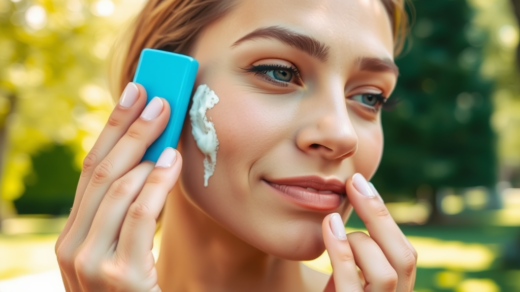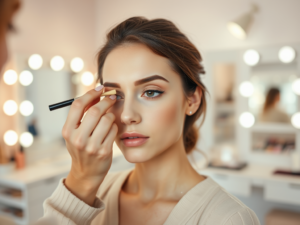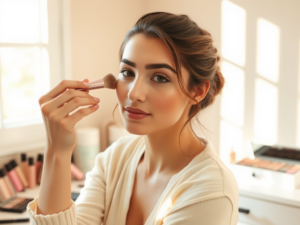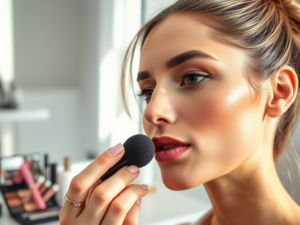How to Choose the Best Moisturizer for Your Skin Type
In the landscape of skincare, moisturizers play a crucial role, akin to a protective shield that keeps your skin healthy and vibrant. The quest for the perfect moisturizer is not merely a matter of preference but rather an essential pursuit that depends on one crucial factor: your skin type. A moisturizer that works wonders for one person can spell disaster for another, emphasizing the importance of choosing correctly. As you embark on this journey, keep in mind that the right moisturizer can significantly enhance not just your skin’s appearance but also its overall health. The beauty industry is filled with countless products, each boasting miraculous healing properties. However, understanding your unique skin needs is the secret key to unlocking this treasure trove of skincare solutions.
Understanding Your Skin Type
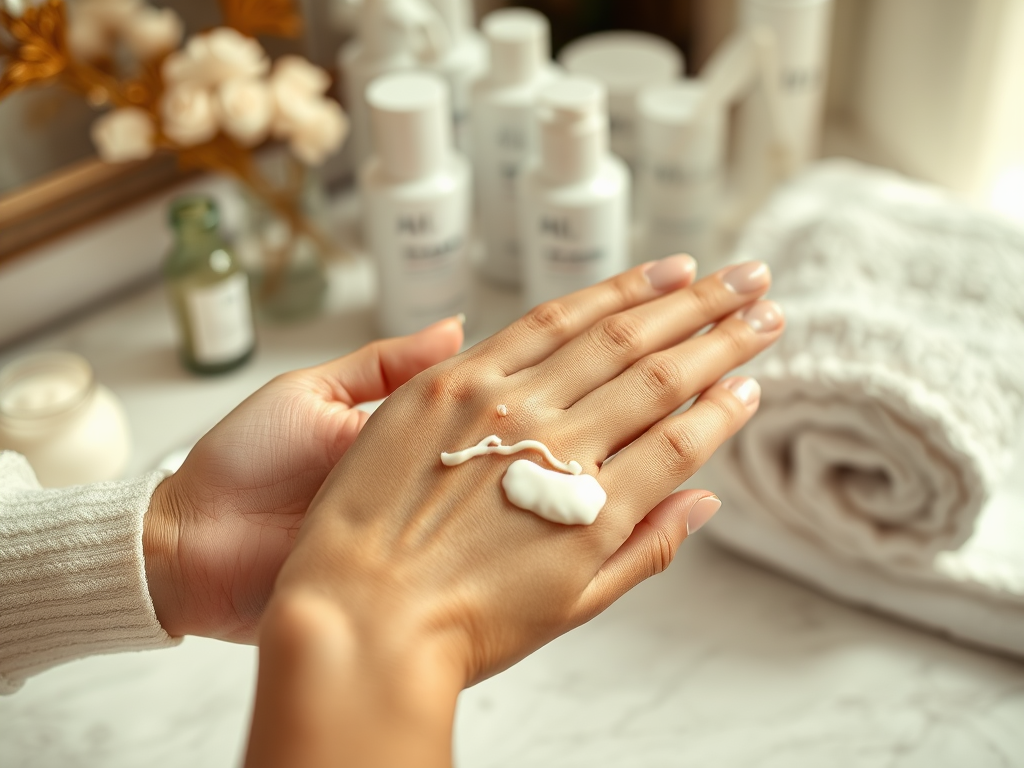
Identifying your skin type is the first step in selecting the right moisturizer. Skin types can generally be categorized into several distinct categories, each requiring specific care to achieve optimal results. Recognizing these categories will aid in narrowing down the choices available on the market. Moisturizers work best when tailored explicitly to meet the needs of your particular skin type. The characteristics of your skin can be influenced by various factors like genetics, environmental conditions, and your daily skincare routine. Moreover, products designed for one skin type could potentially exacerbate issues in another.
- Normal Skin: Balanced moisture levels with few imperfections.
- Dry Skin: Lacks moisture and can feel tight or rough.
- Oily Skin: Excess sebum production, often leading to shine and breakouts.
- Combination Skin: Features multiple skin types, often oily in some zones and dry in others.
Ingredients to Look For

Understanding the key ingredients in moisturizers is vital for making an informed choice. Skincare formulations are not a one-size-fits-all approach; they cater to various skin concerns and types. Selecting the right ingredients can significantly improve your skin’s hydration and overall health. It’s crucial to familiarize yourself with which ingredients benefit which skin type. This knowledge helps you steer clear of products that may not be suitable. Ultimately, the right ingredients can help achieve a glowing complexion that embodies your unique skin needs.
| Skin Type | Recommended Ingredients |
|---|---|
| Dry Skin | Hyaluronic acid, Glycerin, Ceramides |
| Oily Skin | Salicylic acid, Non-comedogenic oils, Gel-based formulas |
| Combination Skin | Lightweight hydrating agents, Balanced formulations |
| Normal Skin | Water-based formulas, Antioxidants |
Moisturizer Formulations
Different formulations cater to distinct needs, making it essential to choose wisely. Knowing the various types of moisturizers available can help optimize your skincare regimen. There are primarily three main forms of moisturizers that you will encounter. Each type has its benefits, and the choice often depends on your skin type and personal preferences. The effectiveness of a moisturizer can fluctuate greatly based on its formulation and ingredients. A thorough understanding of what each formulation offers can lead to better skin health and appearance.
- Creams: Richer and heavier, suitable for those with dry skin.
- Gels: Lightweight and absorb quickly, ideal for oily skin.
- Lotions: A middle ground, perfect for normal or combination skin types.
Consider Your Skin Concerns
Identifying specific skin concerns can help narrow down your choices effectively. Beyond basic skin types, many individuals grapple with unique skincare challenges that influence their moisturizer selection. Factors such as acne, sensitivity, or signs of aging can dictate what ingredients and formulations will yield the best results. Understanding these concerns can guide you toward the most effective products tailored to your needs. Many products on the market focus on remedying these issues, but knowledge is power in filtering through the myriad of options available. Your skin is your canvas; choose wisely to showcase your best self.
- Acne-Prone: Look for non-comedogenic options to avoid breakouts.
- Sensitive Skin: Choose fragrance-free and hypoallergenic products.
- Aging Skin: Consider added benefits like anti-aging ingredients such as retinol or peptides.
Testing Before You Commit
Testing a moisturizer before committing to a full-size product is crucial. This approach helps prevent potential reactions and disappointment. Utilizing a patch test can give you insights into how your skin may respond to a new product. It is imperative to test on a small skin area, preferably on the wrist or behind the ear. Always observe the area for at least 24 hours to check for any adverse reactions. This step can save you time, money, and the frustration of unsuitable products.
- Perform a patch test on a small skin area.
- Check for redness, itching, or swelling.
- Wait at least 24 hours before broader application.
Conclusion
Choosing the best moisturizer for your skin type is essential for maintaining healthy skin. By understanding your skin type, ingredients, formulations, and concerns, you can make an informed decision that enhances your skincare routine. Your choice can have profound implications for your skin’s health and your overall well-being. Take the time to survey the options available and equip yourself with the necessary knowledge. Invest in products that cater specifically to your needs. In doing so, you’ll unlock the potential for your skin to become a reflection of your inner vibrancy and vitality.
Frequently Asked Questions
- How do I determine my skin type? Observe how your skin reacts to products, humidity, and overall skin condition. Consulting a dermatologist can provide a definitive assessment.
- What ingredients should I avoid for sensitive skin? Steer clear of fragrances, alcohol, and harsh chemicals that may irritate.
- Can I use the same moisturizer year-round? It depends. Your skin’s needs may change with the seasons. Adjust accordingly for optimal hydration.
- How often should I apply moisturizer? Generally, twice a day—once in the morning and once at night—is effective, but adjust based on your skin’s needs.
- Is it important to moisturize even if I have oily skin? Yes, moisturizing helps balance oil production and maintain skin health, even in oily skin types.


